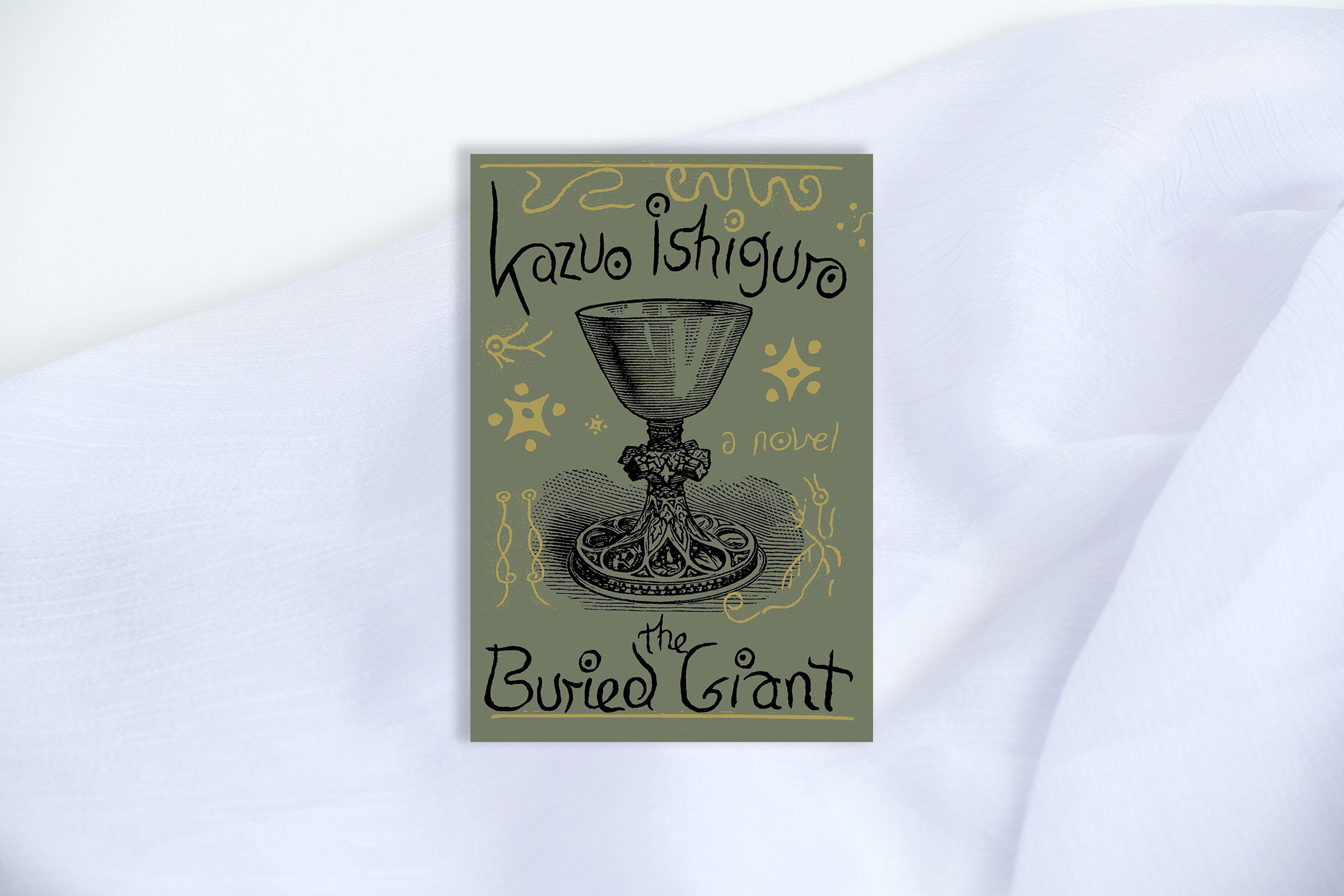Nobel laureate Kazuo Ishiguro writes philosophical novels clothed in the conventions of popular genres, from historical fiction in The Remains of the Day to dystopian sci-fi in Never Let Me Go. This approach isn’t a gimmick so much as a way of accessing the perfect metaphor to communicate a big, unruly idea without sacrificing emotional weight. Ishiguro’s 2015 foray into fantasy, The Buried Giant, takes place in a mythical post-Arthurian England afflicted by a mysterious mist that clouds inhabitants’ long-term memories. Its heroes, elderly Britons Axl and his beloved wife Beatrice, suddenly recall that they once had a son, and embark on a quest to find him. On a path littered with dragons, monks, a certain Sir Gawain and an inscrutable Saxon warrior, the couple find their commitment tested. And as their journey unfolds, it becomes apparent that the Nagasaki-born, Japanese-British author Ishiguro is wrestling with the imperialist legacies of his native and adopted nations, as well as with the ambiguous ethics of preserving traumatic historical memories. Though some critics have questioned the book’s structural integrity, there’s no denying the power of watching Ishiguro’s grand themes flow with messy profundity into the lives of these archetypal characters. —Judy Berman
Buy Now: The Buried Giant on Bookshop | Amazon
- What Student Photojournalists Saw at the Campus Protests
- How Far Trump Would Go
- Why Maternity Care Is Underpaid
- Saving Seconds Is Better Than Hours
- Welcome to the Golden Age of Ryan Gosling
- Scientists Are Finding Out Just How Toxic Your Stuff Is
- The 100 Most Influential People of 2024
- Want Weekly Recs on What to Watch, Read, and More? Sign Up for Worth Your Time
